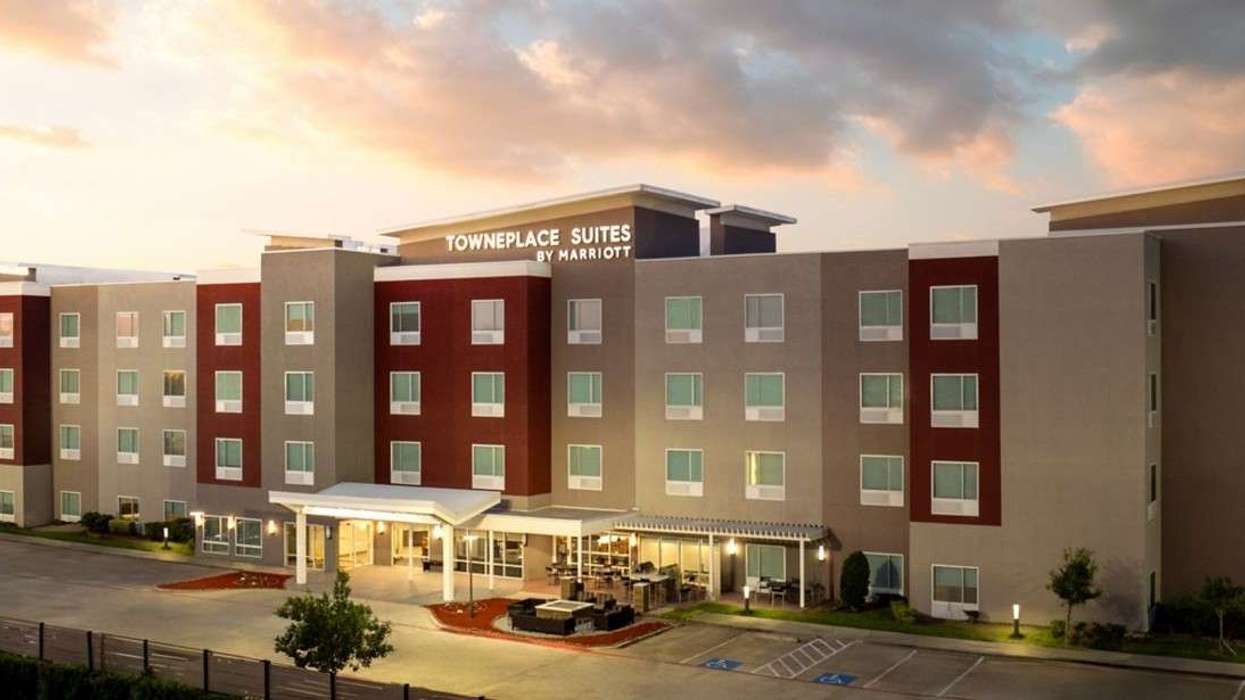SIX MONTHS AFTER the COVID-19 pandemic shut down travel in the U.S., the state of the hospitality industry remains frail, according to the American Hotel & Lodging Association. Indeed, despite slight increases in travel over the summer, AHLA said the industry is on the brink of collapse.
AHLA’s report, “State of the Hotel Industry Analysis: COVID-19 Six Months Later,” compares employment, consumer travel sentiment, occupancy and industry trends in August 2020 the immediate impact of the pandemic in March and April.
“When COVID-19 forced a virtual halt to the country, the economy and travel, the hotel industry was one of the first industries affected,” the report said. “Unfortunately, it will also be one of the last to recover.”
The report outlines five issues facing the industry today:
High job loss: At the peak of the pandemic, nearly nine in 10 hotels had to lay off or furlough workers, and the hospitality and leisure industry lost 7 million jobs and is still down 4.3 million jobs since February despite small gains in employment in May and June. The sector’s unemployment rate is 38 percent, compared to the national average of 10.2 percent, and only 37 percent of hotels have been able to bring back at least half of their full-time employees. Another 36 percent have been unable to bring back any furloughed or laid off staff.
Low occupancy: Almost 65 percent of hotels remain at or below 50 percent occupancy, below the threshold at which most hotels can break-even and pay debt. While leisure travelers have increased average hotel occupancy since the historic low of 24.5 percent in April, thousands of hotels are at risk of collapse or are unable to hire back staff and there are low expectations that occupancies will pick up until 2021.
Travelers staying home: Only 33 percent of Americans say they have traveled overnight for leisure or vacation since March, and only 38 percent say they are likely to do so by the end of the year, compared to previous levels of 70 percent of Americans planning to take vacations in any given year. Currently, hotel reservations for the Labor Day holiday week are down 65 percent compared to last year, with only 14 percent of hotels being reserved for the holiday.
Urban hotels down the most: Urban hotels are major employers but with an occupancy rate of 38 percent they are faring significantly worse than the national average. Their room revenues were down 78 percent in July as many rely on groups, meetings and business travelers, which are currently nonexistent and unlikely to return until at least 2021. Instead, vacationers have favored drive-to destinations, smaller markets, and other outdoor spaces such as beaches. Absent an unlikely surge in occupancy, they will need Congressional action to avoid collapse.
Bad times in big cities: COVID-19 has left hotels in major cities across the country struggling to stay in business, resulting in massive job loss and dramatically reducing state and local tax revenue for 2020 and beyond. STR’s 25 largest hotel markets in the U.S. have been most negatively impacted by COVID-19 and continue to see an average occupancy of 50 percent less than last year.
“Hotels are central to getting our economy back on track and supporting millions of jobs across the country,” the report said. “A full rebound in travel is years away, and Congressional support is urgently needed to bring our employees back, keep our doors open and survive through this crisis.”
Last month, Speaker of the House Nancy Pelosi sat down for AHLA’s “The Forum: An AHLA Experience” webinar series to discuss the progress, or lack thereof, on the stimulus.





